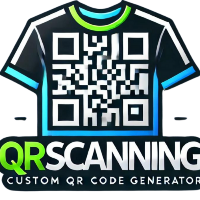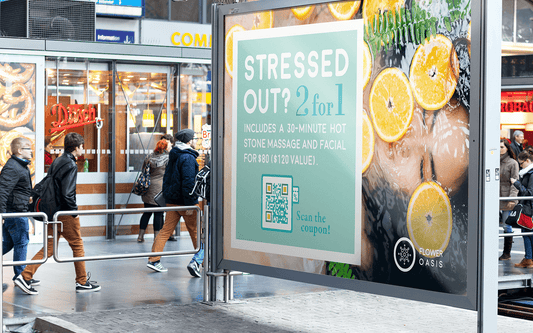
In the ever-evolving retail landscape, QR codes are becoming a linchpin for bridging the gap between physical stores and digital platforms. While they might seem like mere black-and-white squares at first glance, they are, in fact, powerful tools that are revolutionizing how sales are generated and transactions are completed.
QR codes serve as a direct link to digital content, offering a seamless transition from offline to online experiences. With the rise of smartphones and mobile technology, consumers are more inclined than ever to scan QR codes, providing retailers with the opportunity to transform every customer interaction into a potential sale.
Enhancing Customer Engagement
One of the primary ways QR codes impact sales is by enhancing customer engagement. By scanning a QR code, customers can access product information, promotional offers, and customer reviews instantly. This empowers consumers to make informed purchasing decisions right on the spot, increasing the likelihood of a sale.
Retailers can leverage QR codes to create immersive experiences, such as interactive product catalogs or virtual showrooms. This not only captivates the consumer's attention but also retains their interest long enough to convert interest into action.
Facilitating Seamless Transactions
QR codes are instrumental in facilitating seamless transactions. By integrating payment options directly into QR codes, retailers can offer a contactless, quick, and safe payment method that appeals to modern consumers. This integration is especially beneficial in a post-pandemic world where contactless payments have become a necessity rather than a convenience.
In addition, QR codes simplify loyalty programs, allowing customers to easily accumulate points and redeem rewards. This simple yet effective tactic can significantly boost customer retention and repeat sales.
Local Search Optimization and QR Codes
For businesses looking to optimize for local searches, QR codes offer an ingenious solution. By incorporating location-based services, QR codes can cater to local customers by providing directions, store hours, and localized promotions. This helps small and medium-sized businesses to align their online marketing strategies with offline experiences, ensuring that the foot traffic they receive is more targeted and more likely to convert into sales.
By embedding Google My Business links in QR codes, retailers can encourage more local reviews and ratings, which play a significant role in local search ranking. This strategy not only enhances customer trust but also improves visibility on platforms like Google Maps.
Measuring Marketing Success
Another advantage of QR codes is their ability to track and measure marketing efforts effectively. Retailers can analyze data on how often QR codes are scanned, which promotions lead to purchases, and how different segments of customers engage with QR code-led campaigns. This data-driven approach allows businesses to refine their marketing strategies for optimal effectiveness.
QR codes provide real-time insights into customer behavior, making it easier for retailers to adapt to changing preferences and trends. By understanding these patterns, businesses can adjust their product offerings and marketing messages to better meet customer demands.
Conclusion
Incorporating QR codes into sales strategies is no longer just an option but a necessity for retailers aiming to remain competitive. By leveraging the unique capabilities of QR codes, businesses can enhance customer engagement, streamline transactions, and optimize for local searches to drive sales growth.
For businesses looking to explore the potential of QR codes in amplifying sales, getting expert advice is invaluable. Get in touch with us today for a free quote on how to effectively integrate QR codes into your marketing strategy and start witnessing tangible results.
📞 Call Us: (833) 723-2800
✉️ Email: customercare@qrscanning.com


